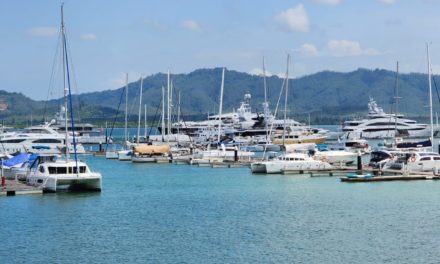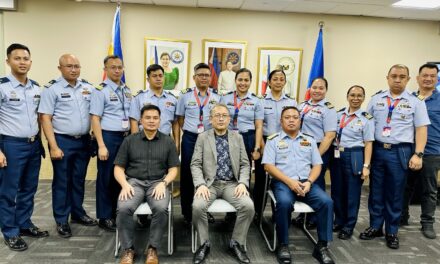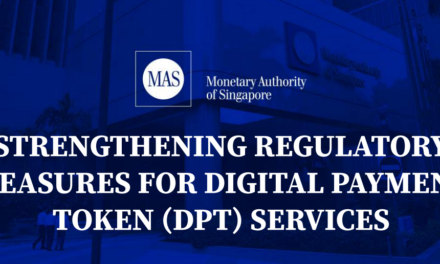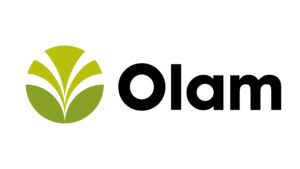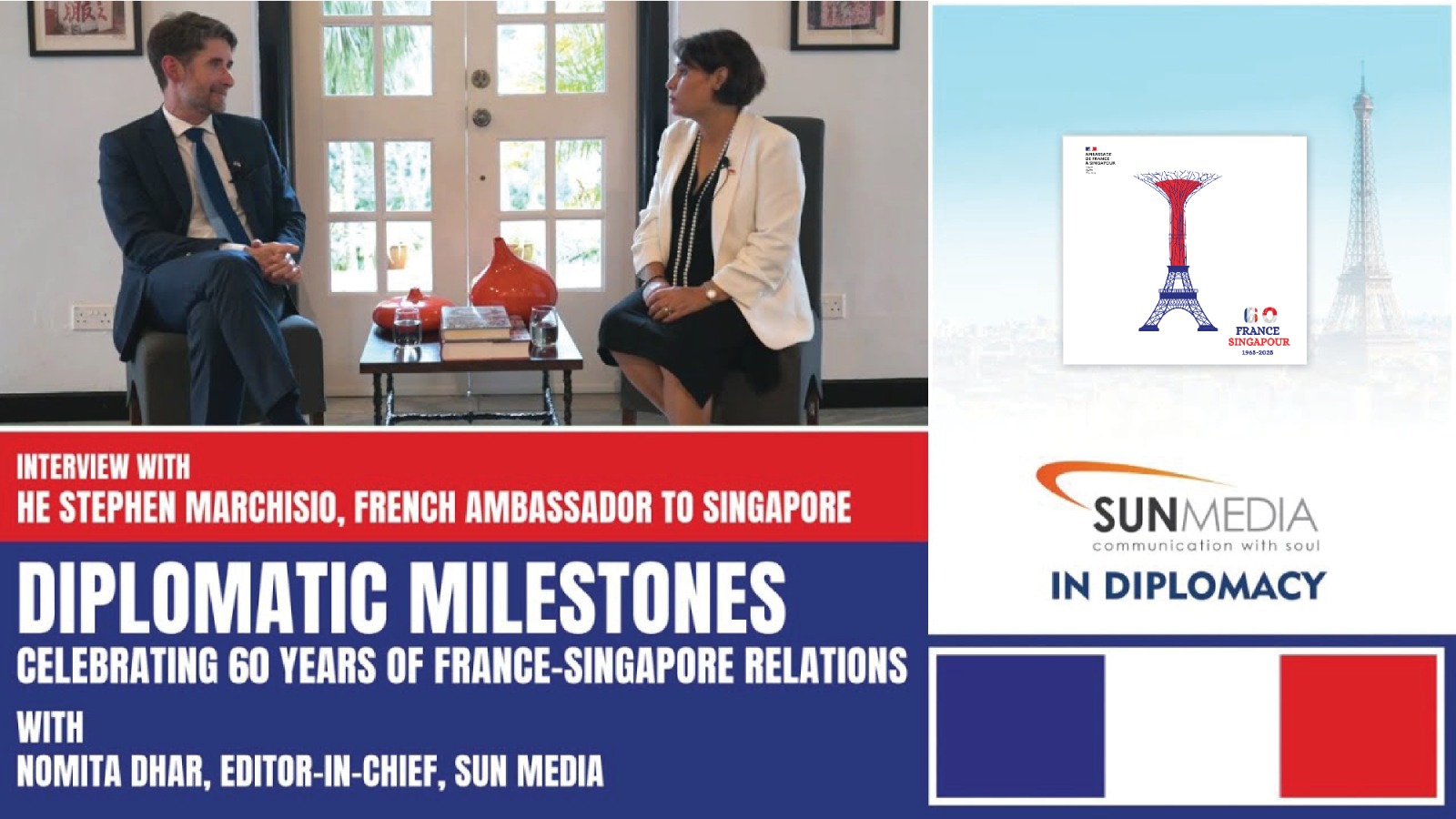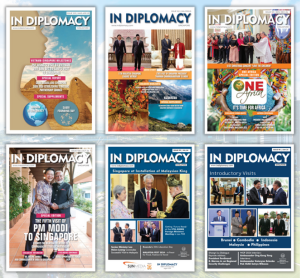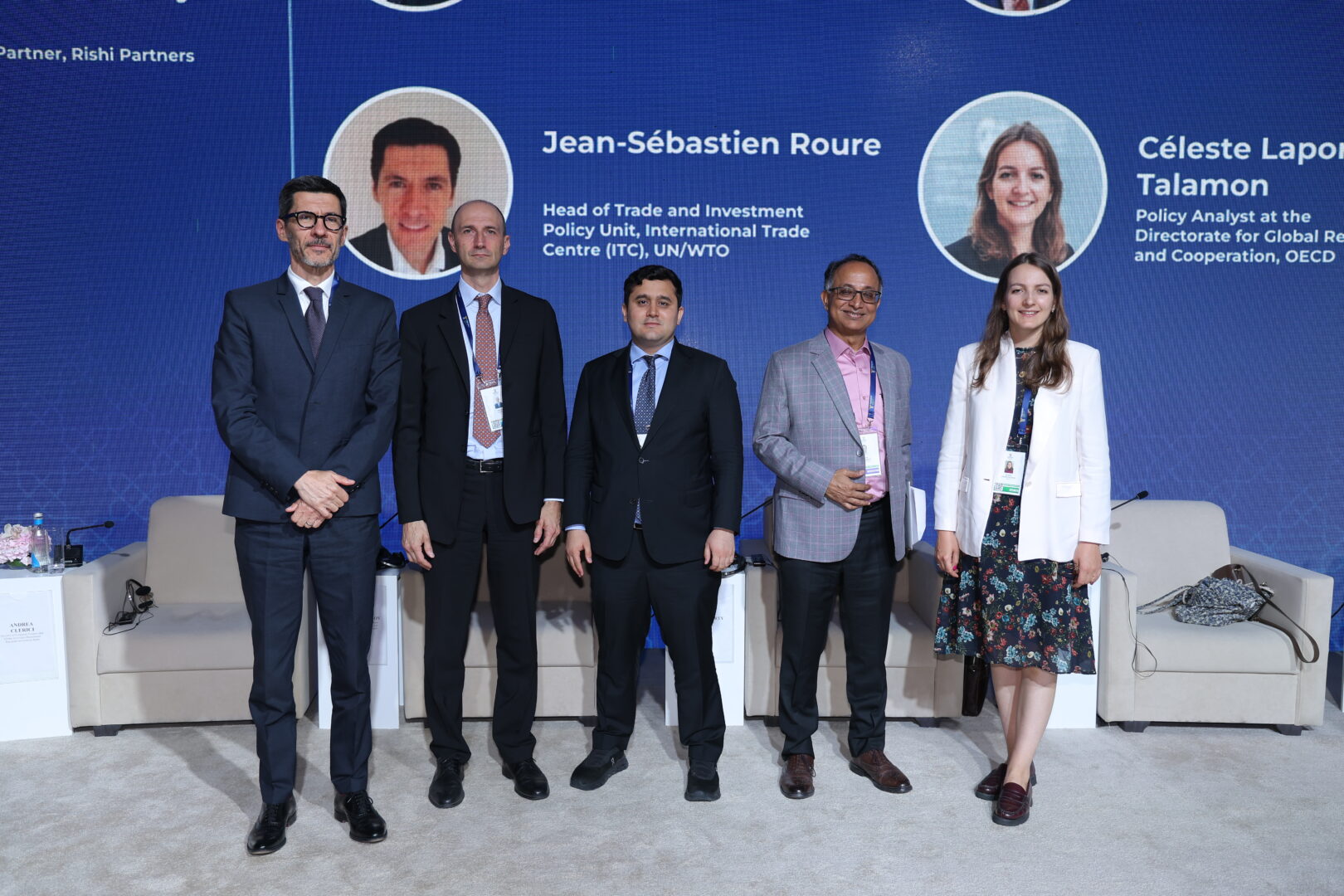
Panel sessions highlight Central Asia’s evolving trade dynamics, Uzbekistan’s chemical industry ambitions, and strategies for attracting sustainable investment
TASHKENT, 11 June 2025 — As part of the ongoing Tashkent International Investment Forum 2025, a series of panel sessions brought together international experts, policymakers, and business leaders to explore regional trade integration, chemical sector development, and sustainable investment strategies in Uzbekistan and Central Asia.
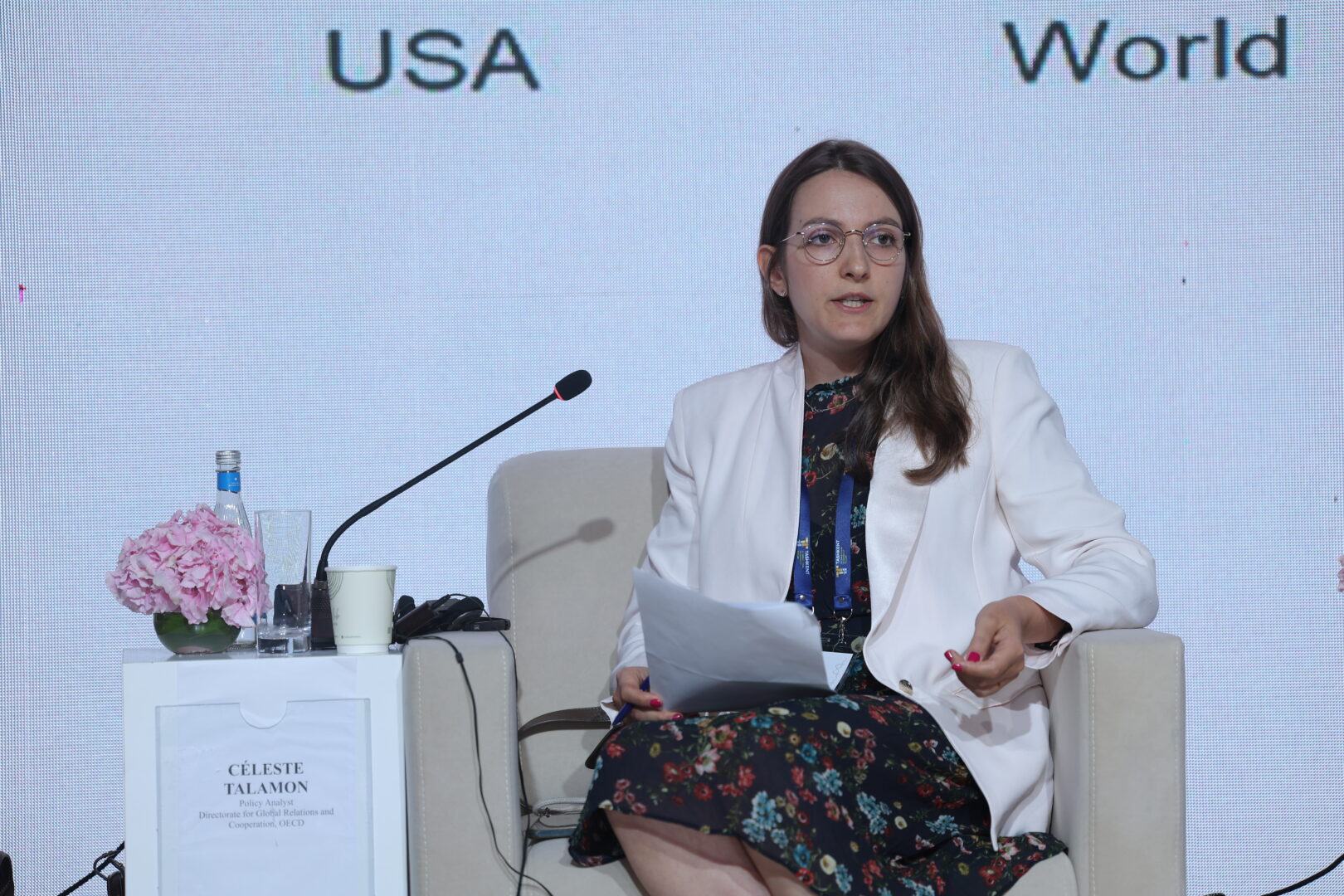
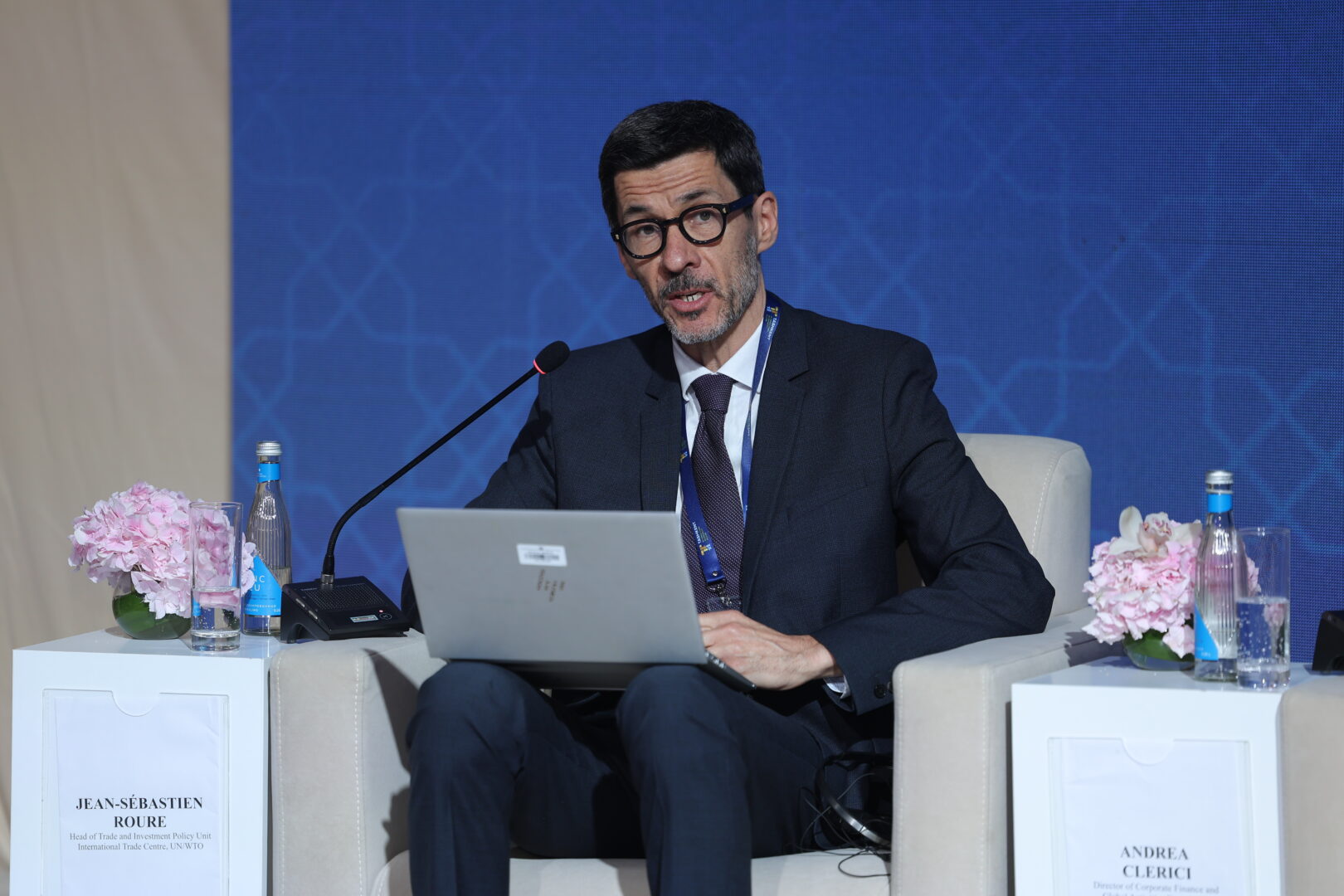
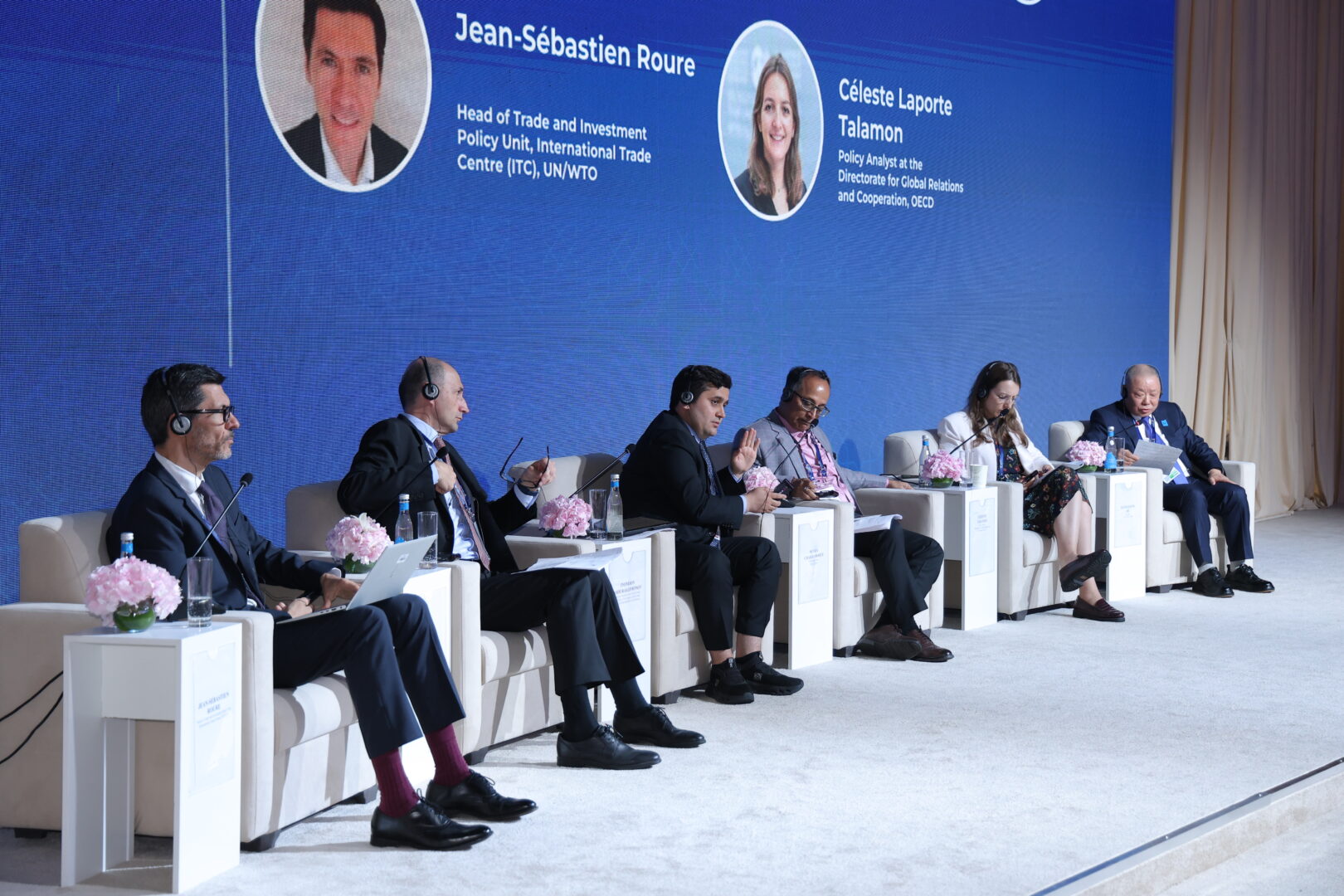
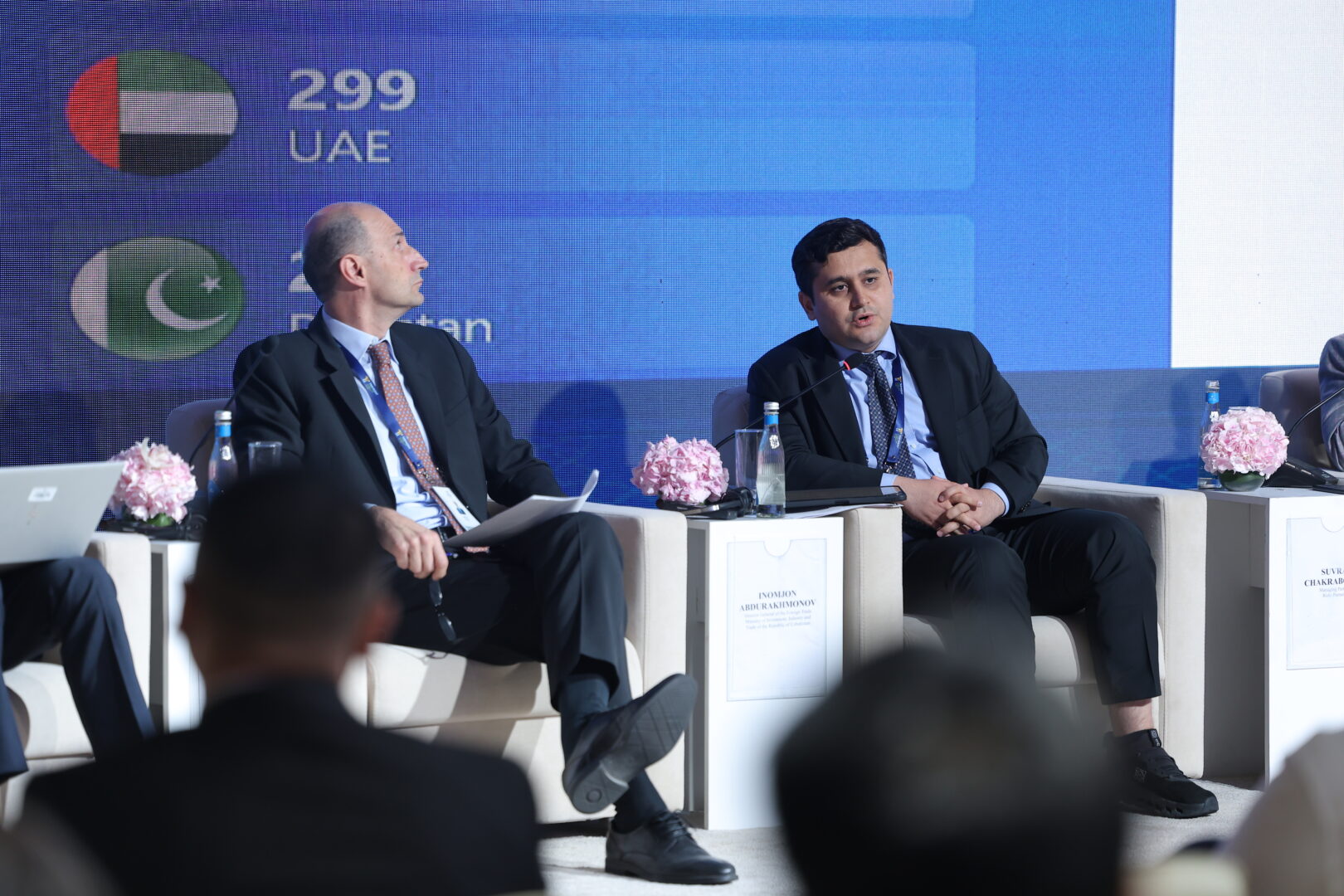
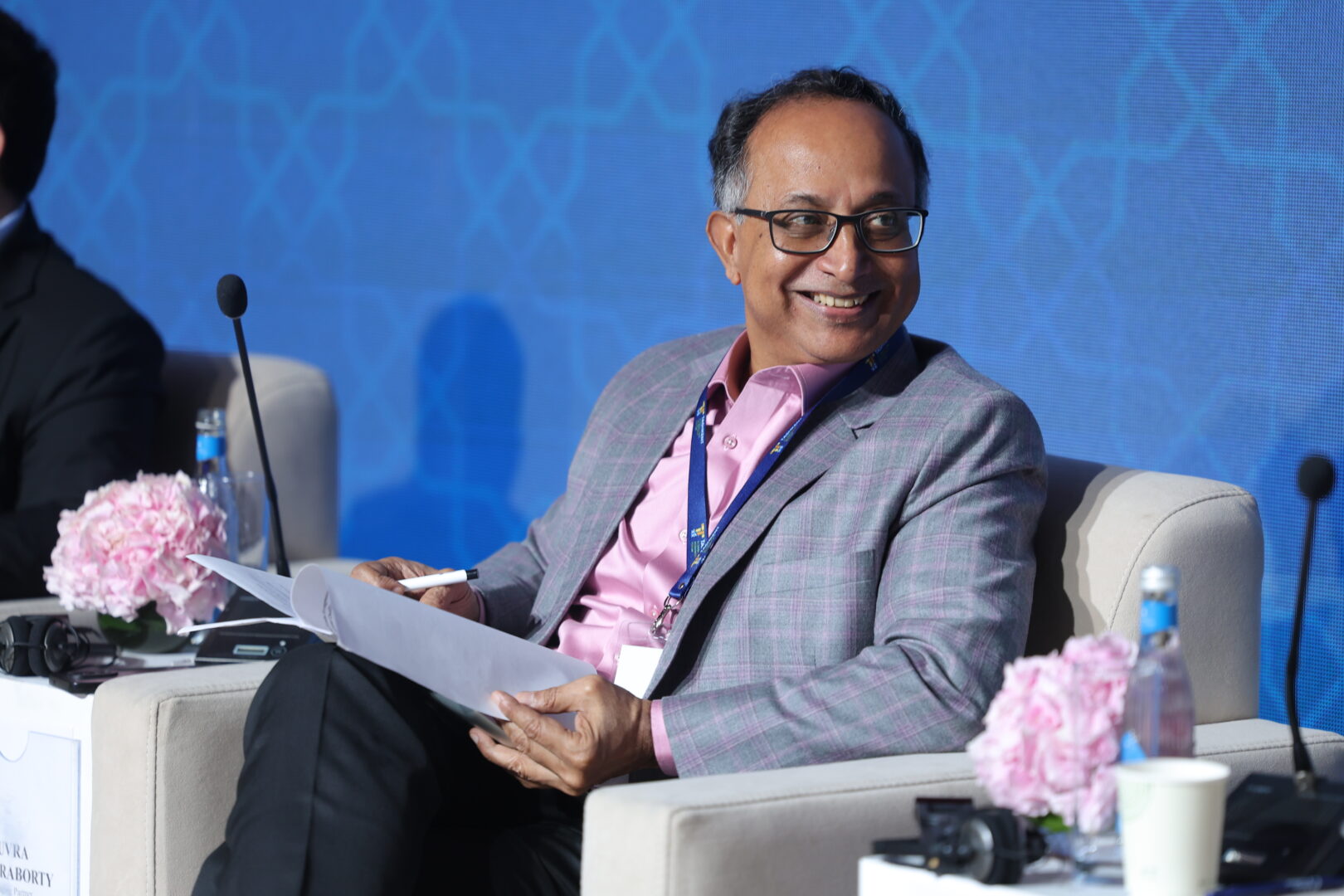
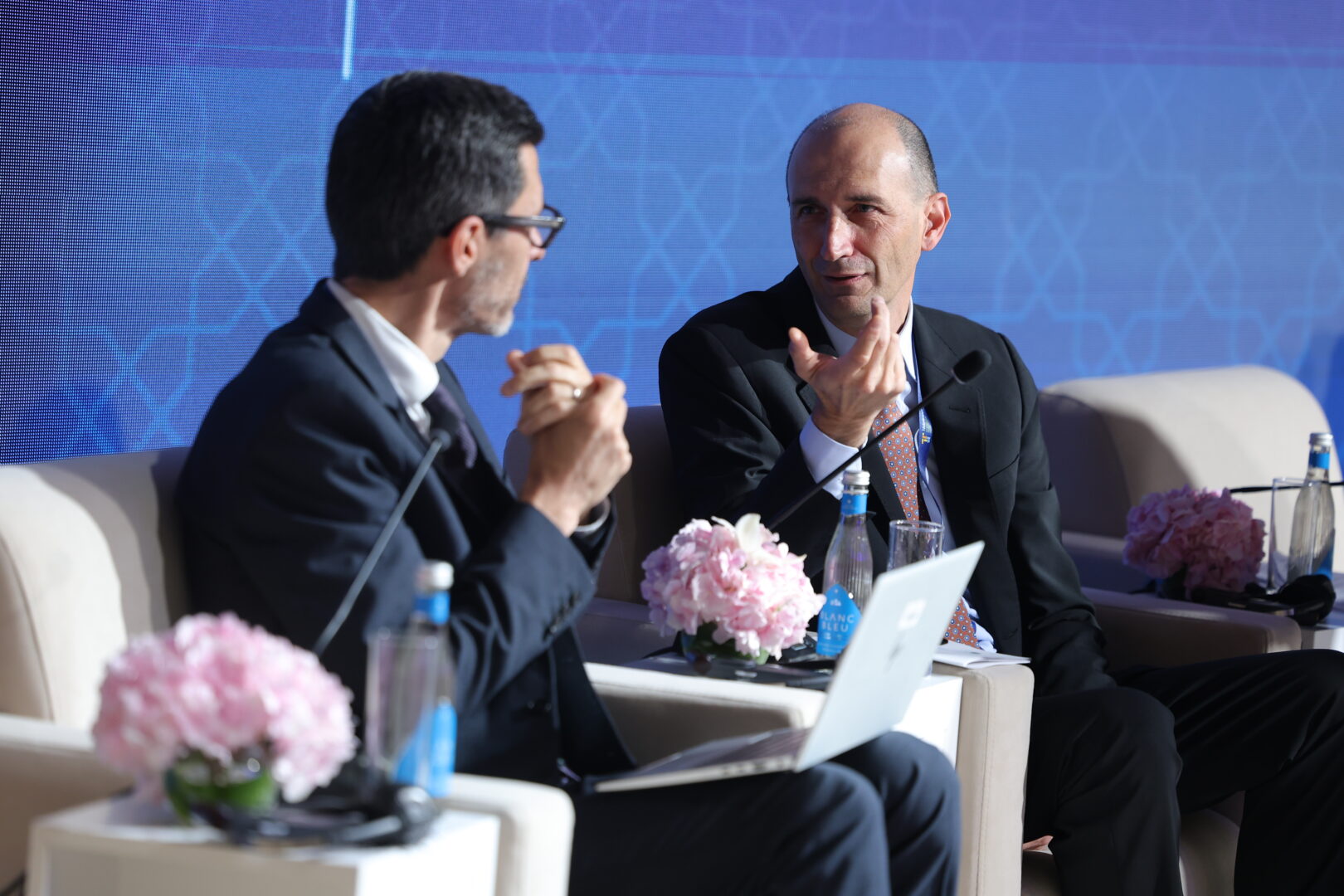
The panel on “Global Trade Fragmentation and Neo-Protectionism”, moderated by Suvra Chakraborty, Managing Partner at Rishi Partners, focused on how Central Asian countries are adapting to rising protectionism and shifting global trade patterns. Participants discussed ways to strengthen institutional capacity, improve trade facilitation, and accelerate integration into global value chains.
Jean Sebastien Roure, Head of the Trade & Investment Policy Unit at the International Trade Centre (UN/WTO), underlined the region’s rapid growth, stating that investment in Central Asia has grown by 40% over the past three years. He urged all Central Asian countries to pursue WTO membership and capitalise on their unique position between Europe and Asia, commending Uzbekistan’s progress in particular.
Andrea Clerici, Director of Corporate Finance and Global Activities at the European Investment Bank, highlighted Uzbekistan’s ambition to become a regional logistics hub, noting ongoing efforts to deepen cooperation and investment ties across Central Asia. Additional insights came from officials including Inomjon Abdurakhmonov (Ministry of Investment, Industry and Trade of Uzbekistan), Céleste Laporte Talamon (OECD), and Xiangliang Hu (ZTO CWST Group), who underscored the importance of trade liberalisation, WTO accession, and regional unity to unlock the region’s full potential.
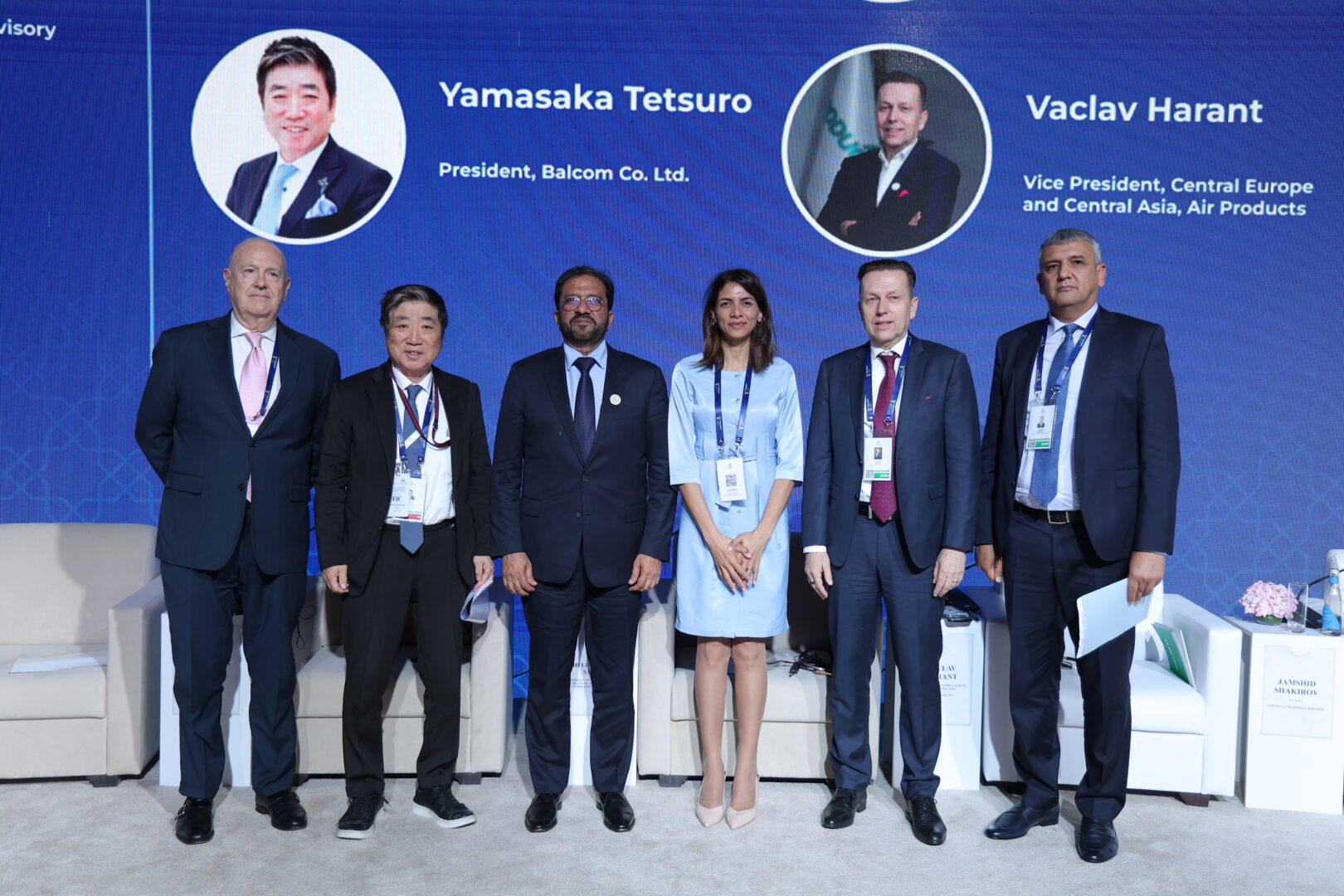
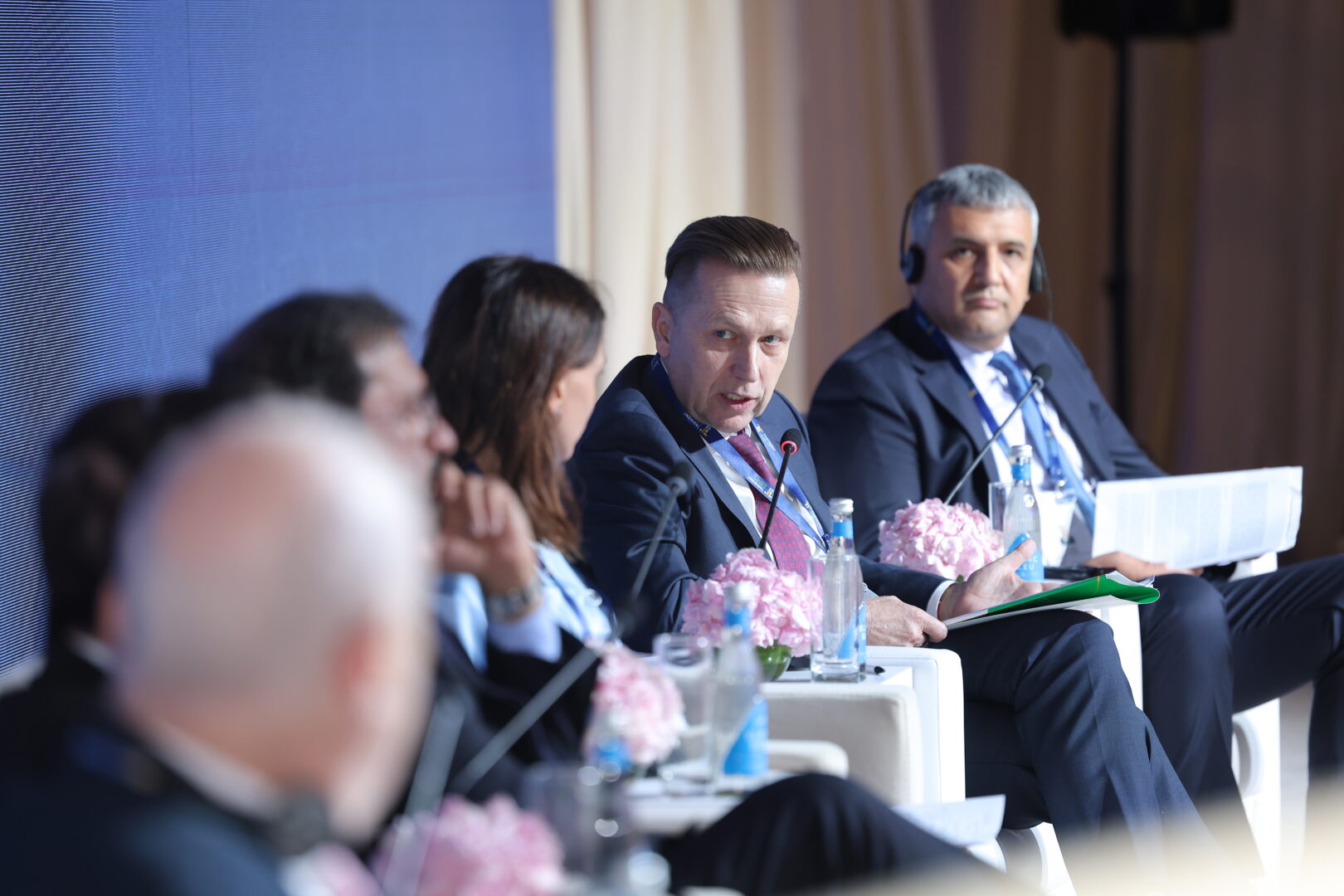
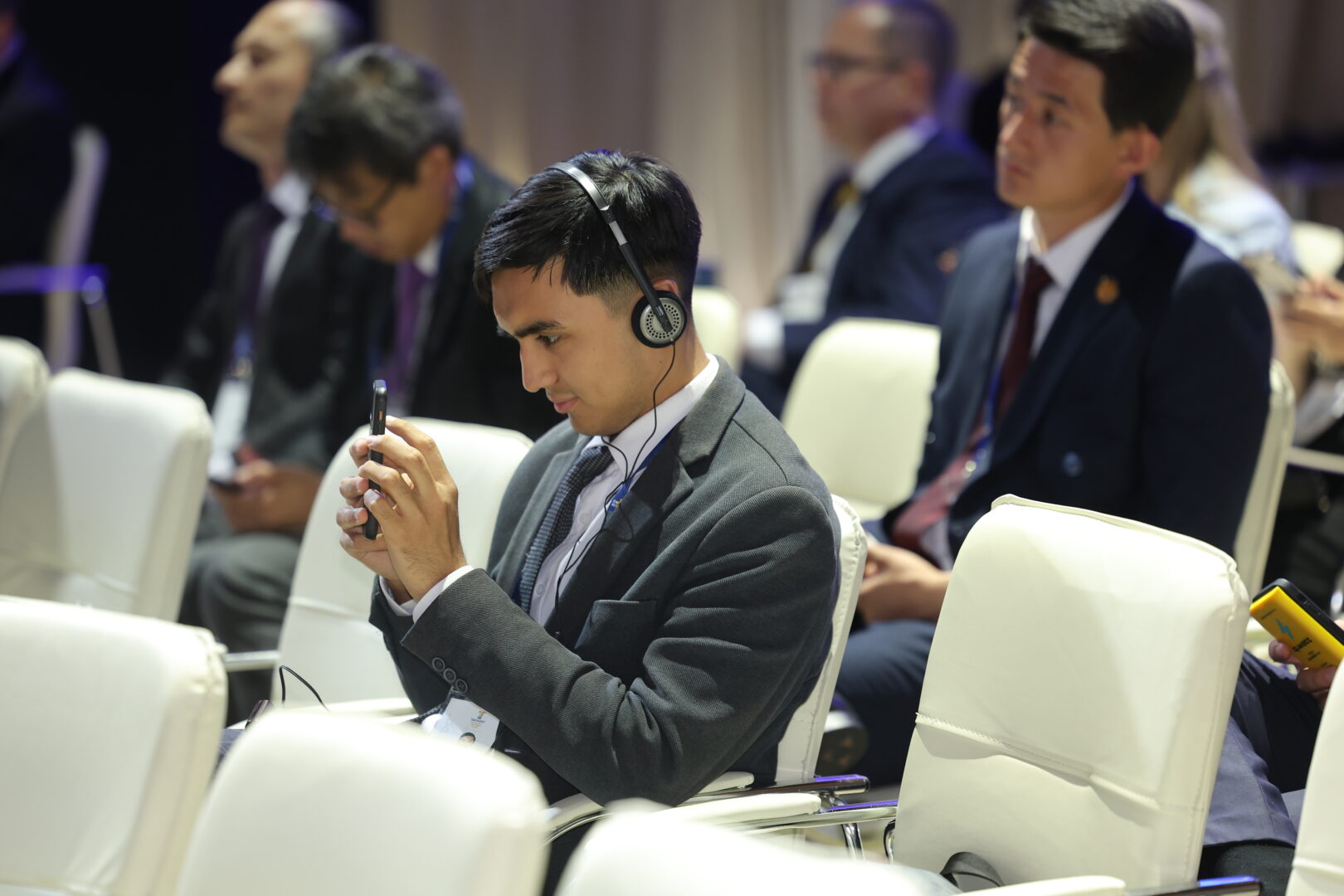
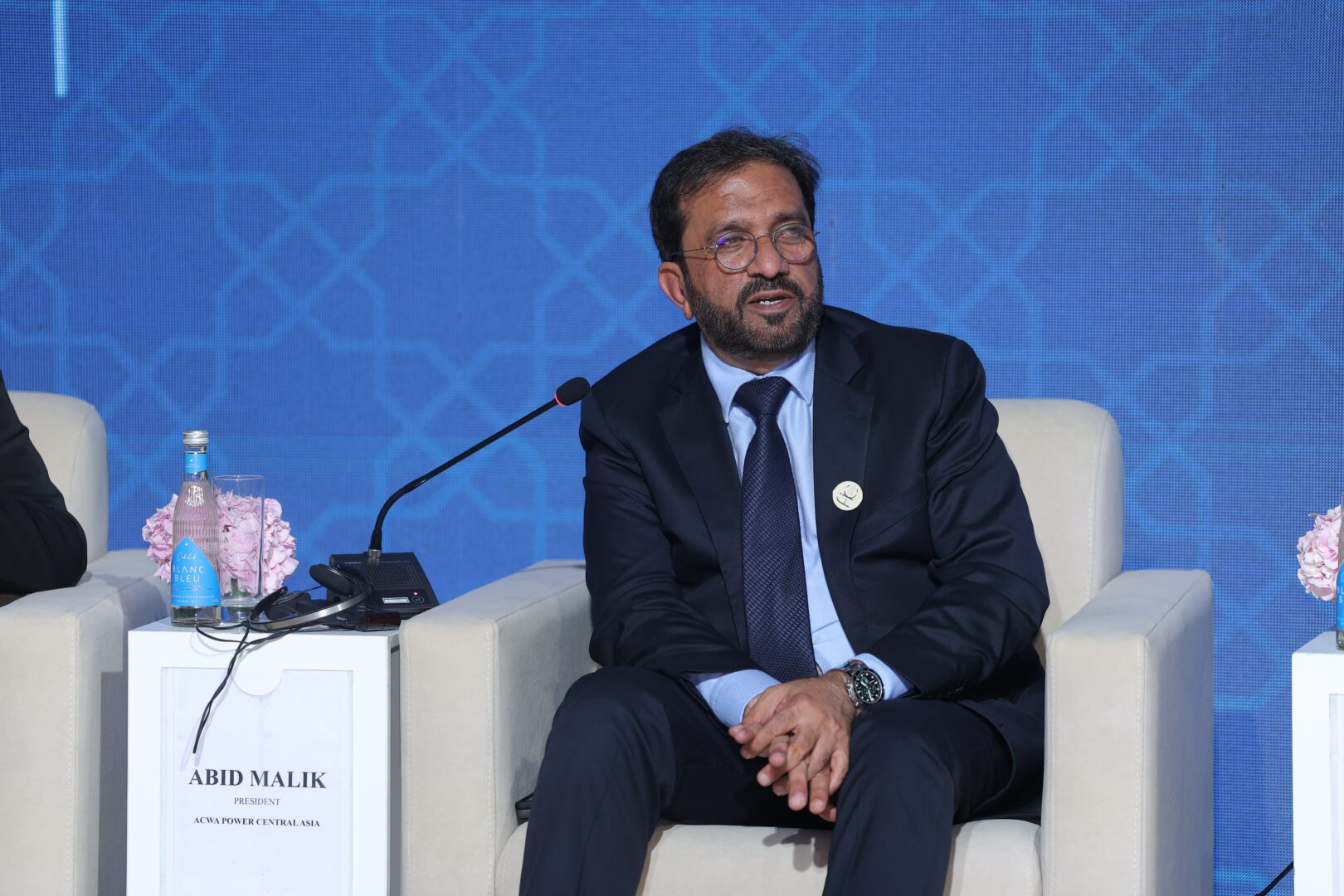
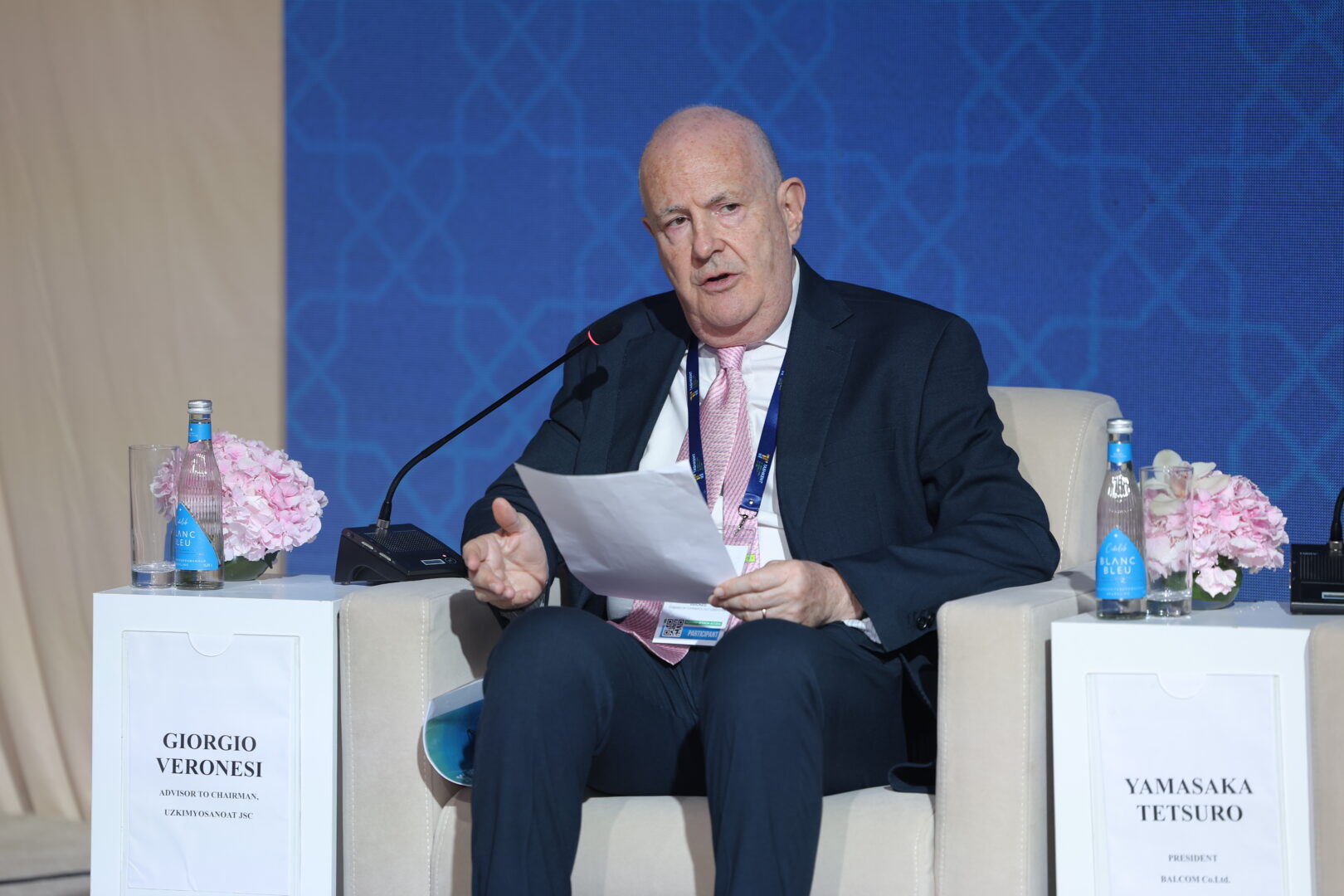
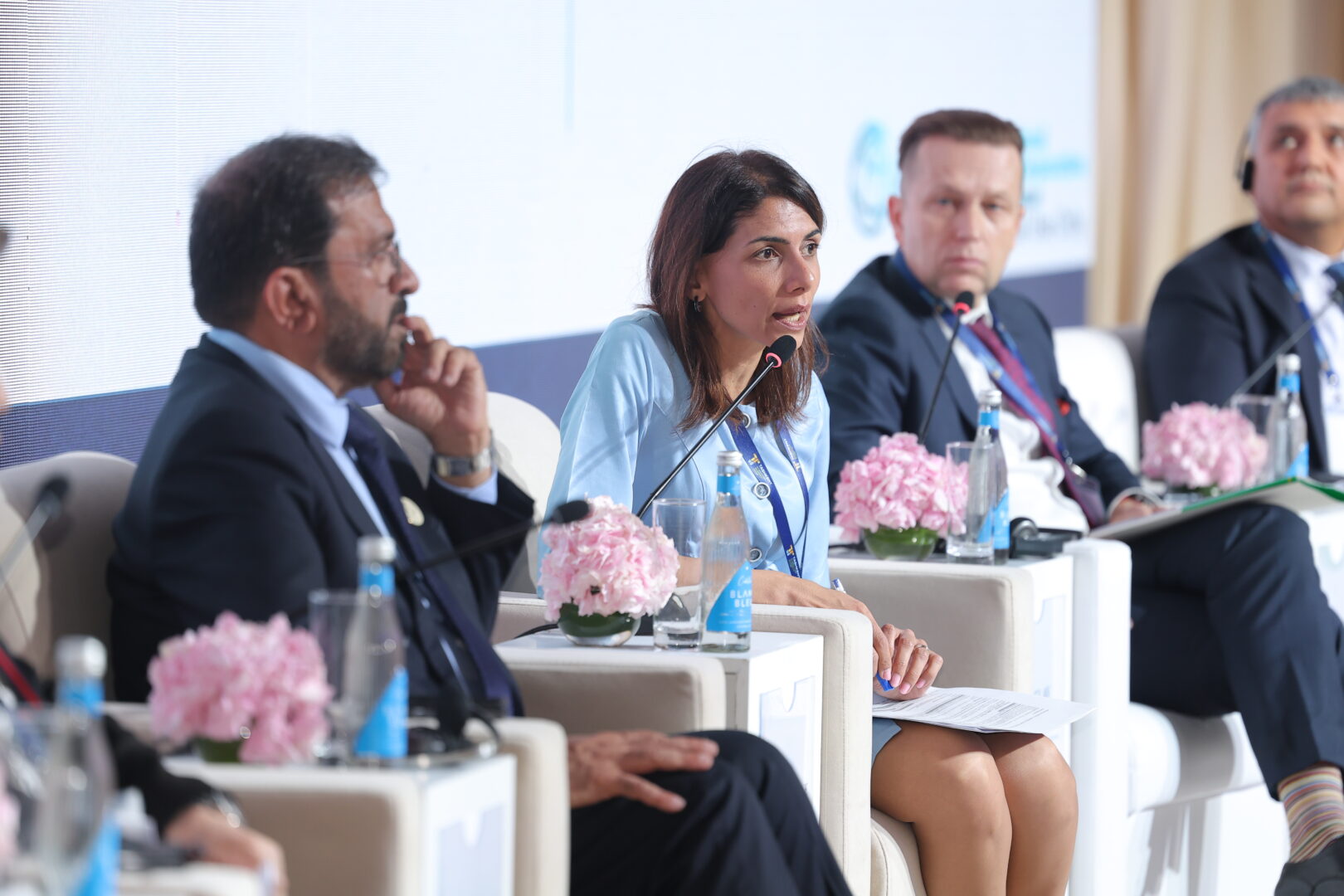
In a separate session titled “Chemical Industry: Ambitions and Growth of the Chemical Cluster”, stakeholders examined Uzbekistan’s strategic vision for the chemical sector. Giorgio Veronesi, Advisor to the Chairman of Uzkimyosoanoat, categorised ongoing projects into strategic, decarbonisation, and modernisation initiatives, calling for technology partners willing to co-invest in large-scale development.
Yamasaka Tetsuro, President of Japan’s Balcom Co. Ltd., emphasised the need for specialised chemical production, sustainable practices, and human capital development, noting Japan’s potential role in technology transfer and ESG-based growth. The discussion also featured Abid Malik (ACWA Power), Vaclav Harant (Air Products), and Jamshid Shakirov (Uzbekistan Hydrogen Peroxide), who shared insights into renewable energy integration, infrastructure development, and raw material shortages, all key to building a globally competitive chemical industry.
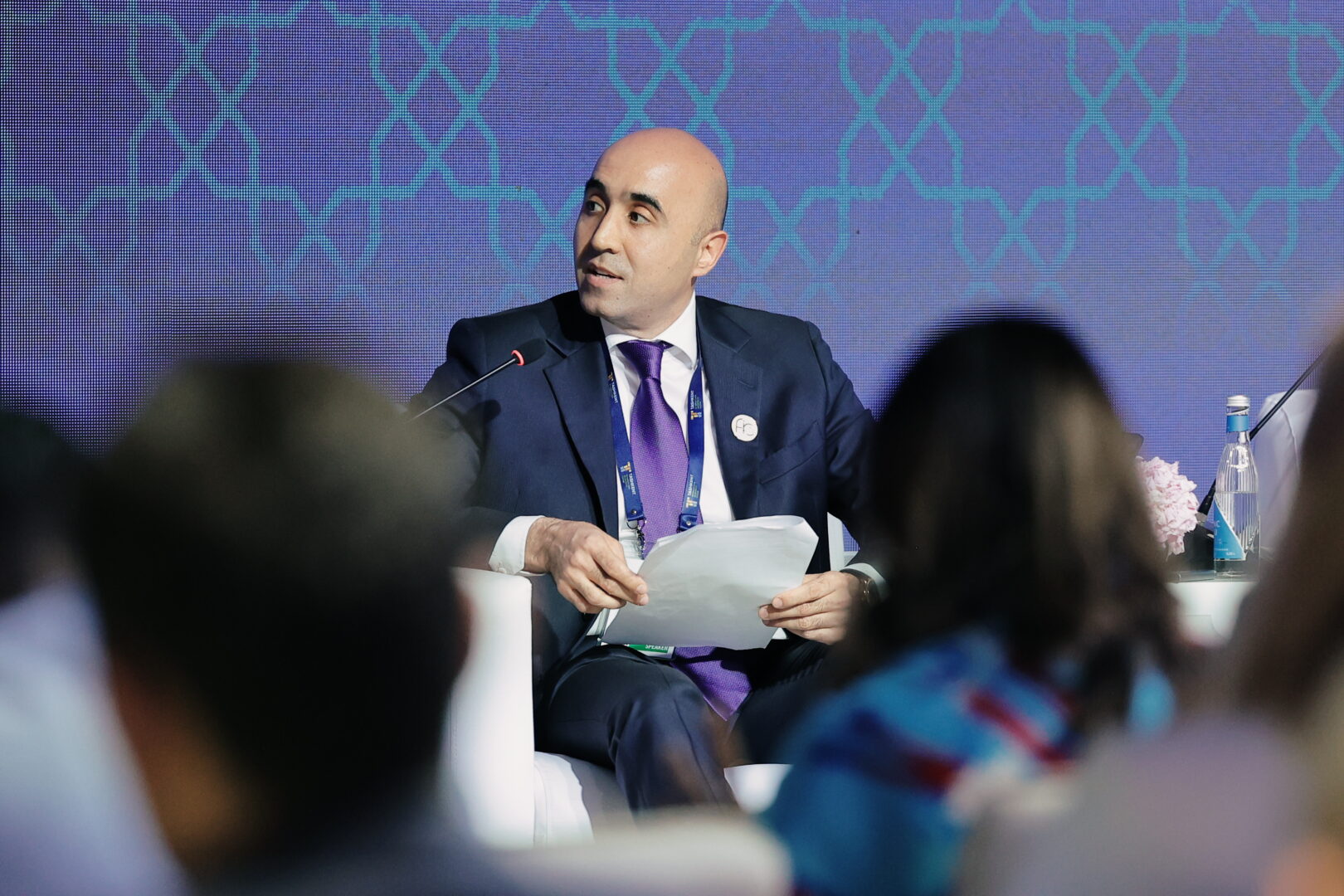
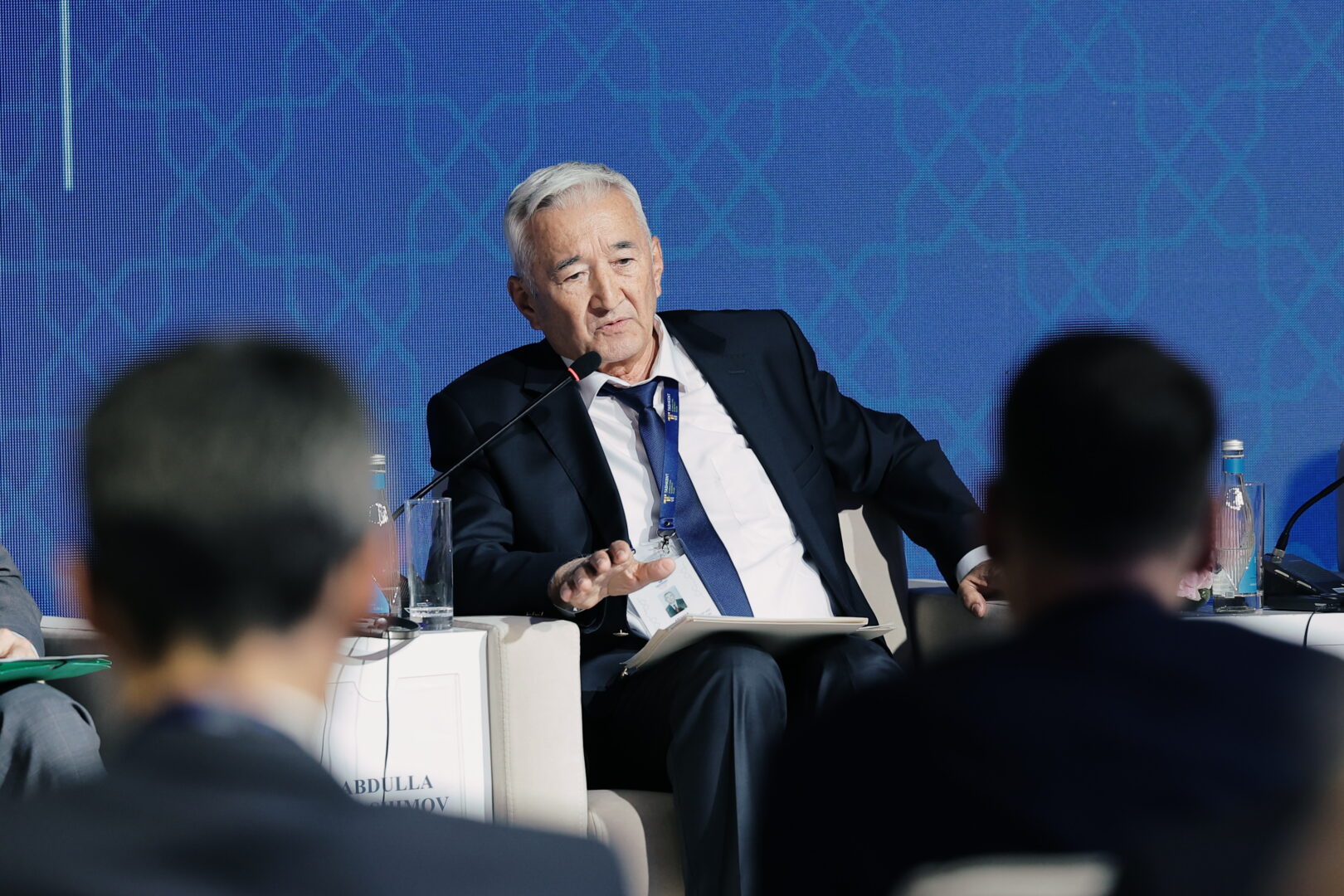
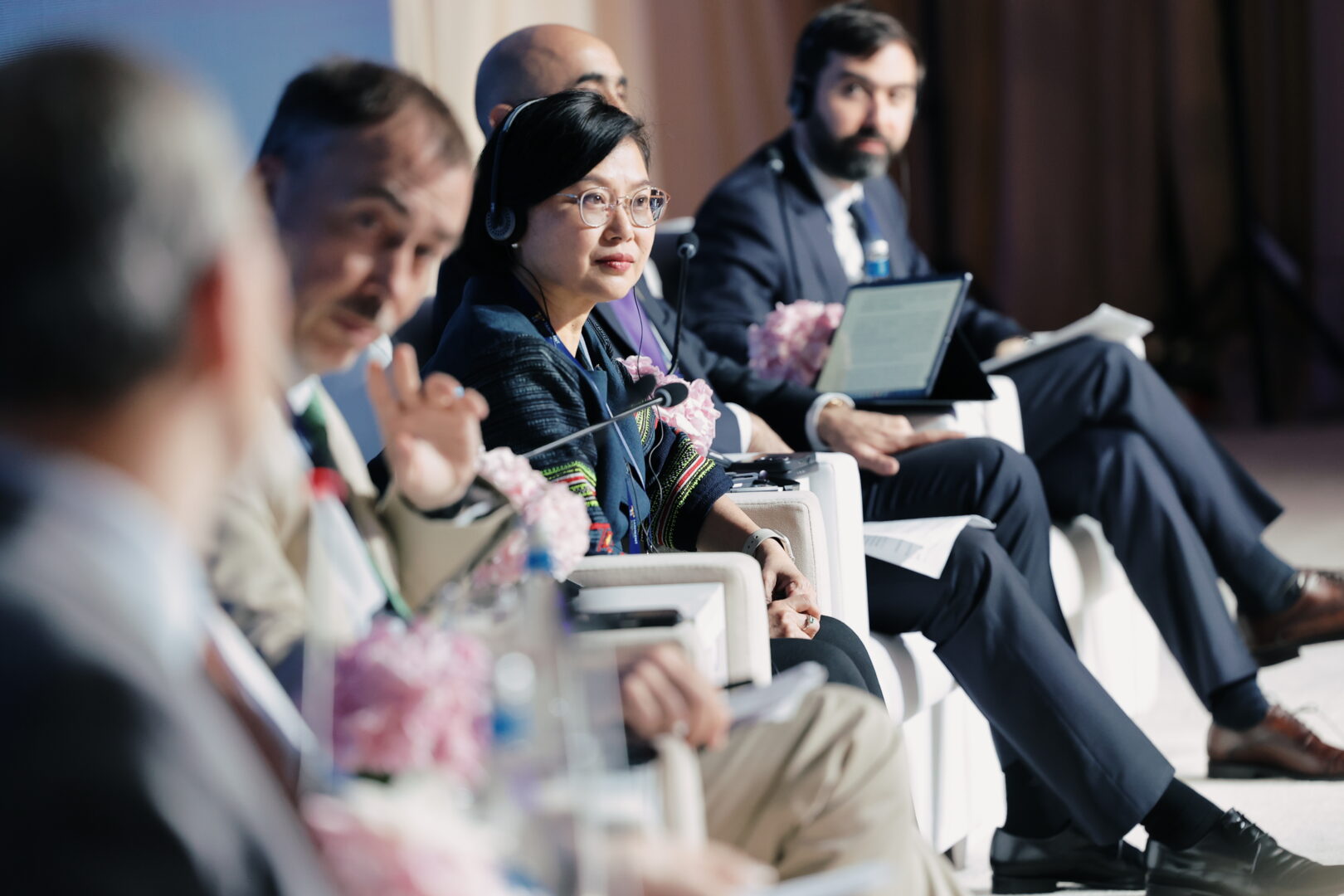
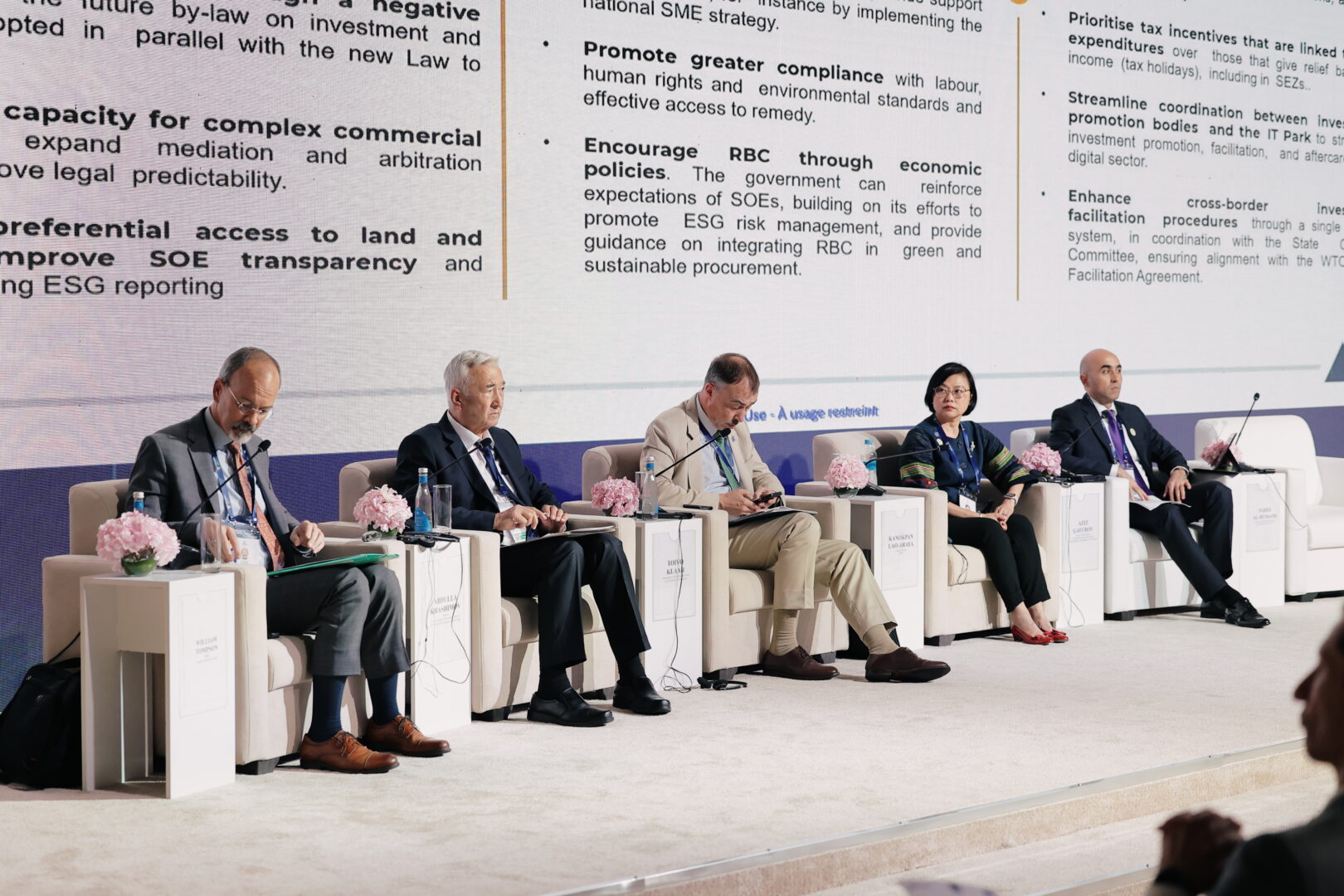
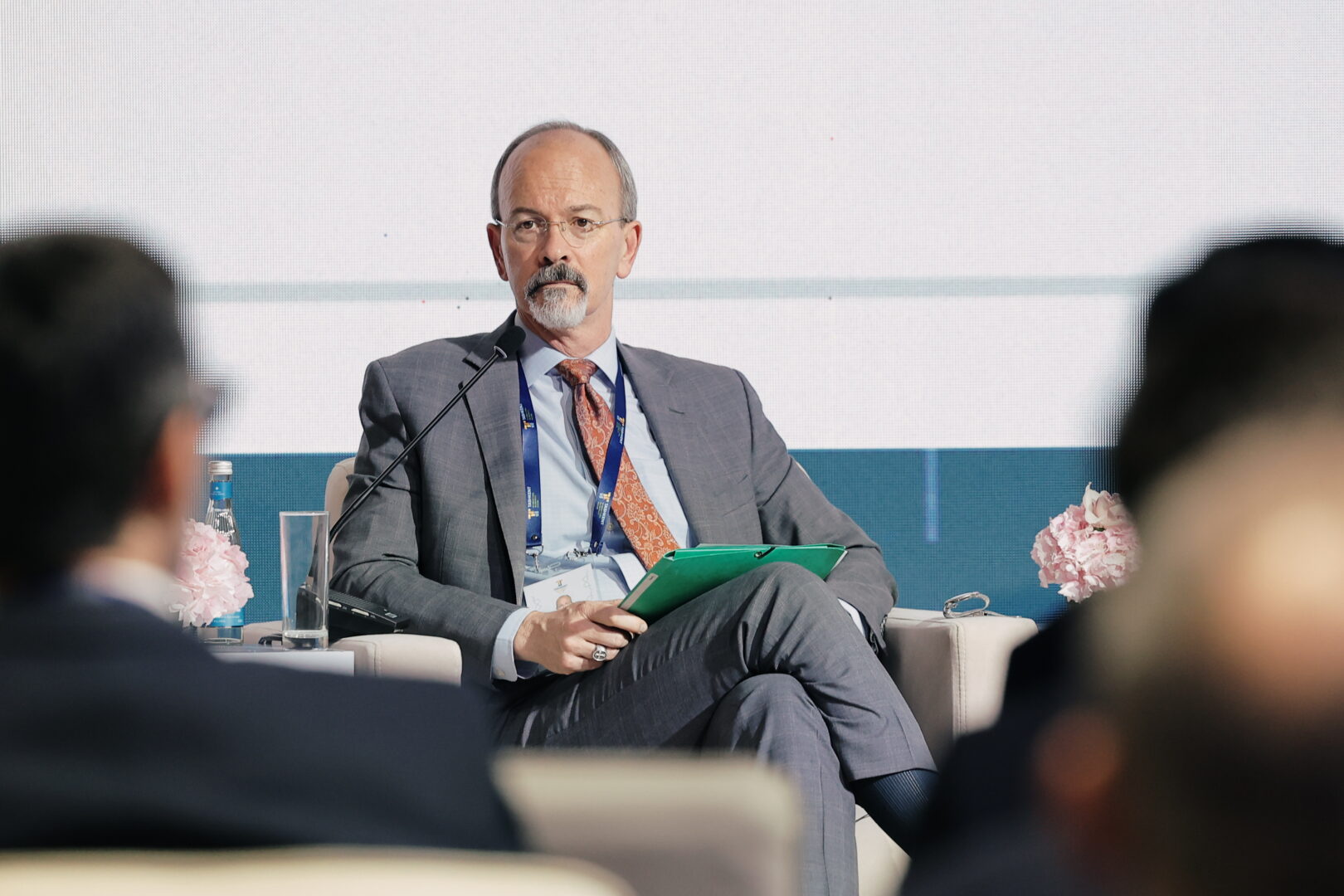
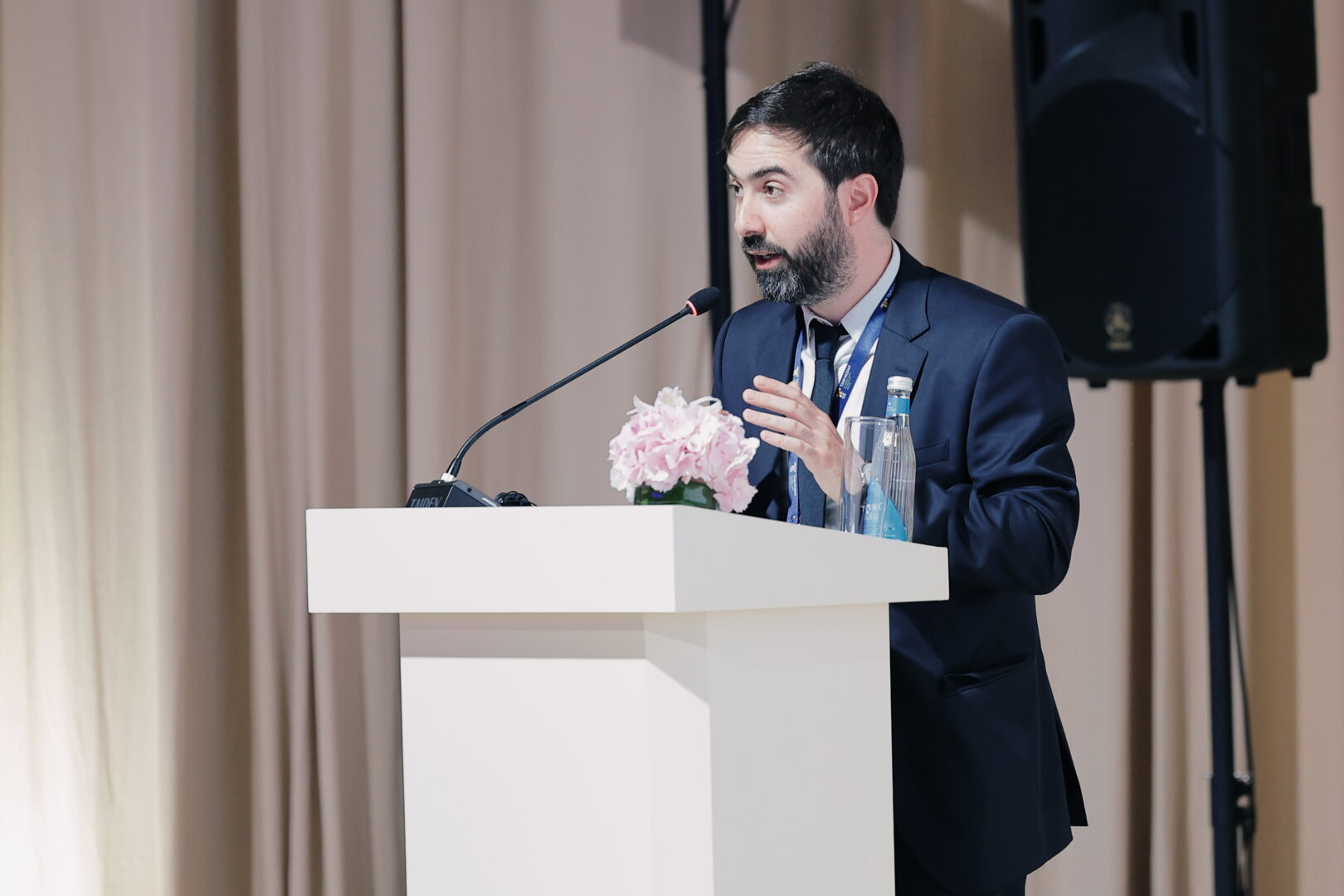
The session “Attracting Sustainable Investment: From Reform to Success”, organised in collaboration with the OECD, ADB, and the European Union, reviewed Uzbekistan’s progress in economic liberalisation, green energy, and digital transformation. Moderated by William Tompson, Head of the OECD Eurasia Division, the session spotlighted reforms since 2017 that have improved the country’s investment climate.
Kanokpan Lao-Araya, ADB Country Director, revealed that Uzbekistan has received nearly USD 14 billion in investments to date, with a focus on regional integration and WTO accession. Aziz Gafurov, Head of the Foreign Investors Council Secretariat, and Fares Al-Hussami, Head of FDI Qualities at OECD, discussed institutional reforms and the removal of monopolies to create a level playing field. Abdulla Khashimov, Advisor to the Minister of Investment, Industry and Trade, pointed to Uzbekistan’s young population, with two million youth entering the labour market each year, stressing the need for strategic investment to harness this demographic potential.
The three sessions at the Tashkent International Investment Forum reflect Uzbekistan’s growing economic momentum, regional leadership ambitions, and commitment to sustainable and inclusive development. Stakeholders reaffirmed confidence in Uzbekistan’s path towards achieving upper middle-income status by 2030.
Source: IN Diplomacy Reporters

